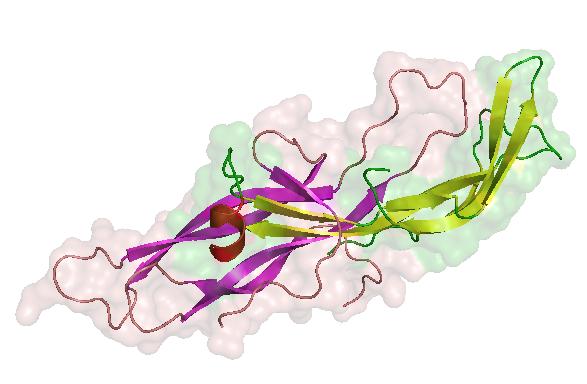As summer holidays approach — and the appeal of fad diets grows amongst people aiming to slim down quickly — nutrition experts are warning about the health consequences of the latest fad to gain popularity.

A new position statement outlining concerns from dietitians about the hCG (human chorionic gonadotropin) diet, and other fads, has been released by Dietitians New Zealand – the professional association for registered dietitians in New Zealand.
Jan Milne, Executive Director of Dietitians New Zealand, comments:
“Dietitians are very concerned about the latest fad to come our way – the hCG diet.
“This diet involves a very low calorie intake combined with hCG, a hormone found in the placenta during pregnancy. It is only licensed as a fertility drug, but is now being sold via the Internet in a diluted ‘homeopathic’ form by the diet industry.
“The hCG diet is being promoted as a way of controlling the body’s metabolism of fat, burning off long-term ‘abnormal’ fat stores that (the promoters claim) are locked away and forgotten by the body. By having hCG (they claim) the body will burn this ‘abnormal’ fat at a rate of 1-2lbs (0.5-1kg) a day with no exercise.
“The promise is that this hormone will trick your body into losing weight by reducing symptoms of hunger while you eat a very low-calorie diet (500 calories per day). This diet plan even claims to reset your metabolism!
“Even more bizarre is the fact that for the first two days on this diet, people are encouraged to eat as much as they can, as often as they can, to promote fat storage in advance of the severe calorie restriction that follows.
“In New Zealand, hCG is a prescription only medicine and has not been given approval to be used for any other purpose than fertility treatment, although products containing less than 10 parts per million – for example homeopathic drops – may be imported into the country with no restriction.”
Registered dietitian Amanda Johnson, co-author of the new position paper from Dietitians New Zealand comments:
“The hCG diet has been around for a long time. It was first promoted in the 1950s by Dr ATW Simeons. Studies carried out since then have generally found that hCG is not an effective way to lose weight and have not recommended its use as an approach to weight loss.
“In 1962, for example, an article in the Journal of the American Medical Association stated ‘continued adherence to such a drastic regimen is potentially more hazardous to a patient’s health than continued obesity’.
“And in 1976 a double blind study published in the American Journal of Clinical Nutrition, which attempted to find out whether injecting hCG was an effective adjunct to a rigidly imposed dietary regimen for weight reduction, found no effect of hCG. The authors cast serious doubt on hCG as an effective weight loss tool.
“In 2009 The American Society of Bariatric Physicians stated in a position statement that, ‘Numerous clinical trials have shown hCG to be ineffectual in producing weight loss.’
“These ‘wonder’ diets may seem like the perfect solution for those who are really struggling with their weight, but if you are not careful they can result in you being heavier than you were before you started, as a result of rebound weight gain. In some people, a semi-starvation diet may also result in serious medical complications.
“Many New Zealanders want to lose a few kilos, especially as we come into summer. However, as dietitians, we are warning the public that we should not be tempted by ‘quick fix’ or ‘miracle’ diets such as this, which promise unrealistic weight loss with little effort.”
Registered dietitian Siobhan Miller, co-author of the new position paper from Dietitians New Zealand comments:
“My recommendation is to stay well away from diets such as the hCG diet and other fads. The fact that these types of diets are popular goes to show that people do want to lose weight but are not aware of the dangers of doing it badly. Successful weight loss requires a long-term change in diet and lifestyle – there are no quick fixes or miracle cures.
“Along with other dietitians, I recommend eating smaller portions of healthy foods such as wholegrain foods, plenty of fruit and vegetables, lean meats, fish, beans and pulses, and low fat dairy foods. Also, taking regular exercise and incorporating physical activity into your everyday life can be helpful in burning off extra calories. Changing your behaviour regarding food is also important, and seeking the support of family and friends or local group classes can help to provide the motivation needed.
“I would advise people to beware of any diets that: promise to solve your weight problem without having to change your lifestyle in any real way; offer unlicensed and untested products such as herbal concoctions, homeopathic remedies or hormones; or promise rapid weight loss of more than 1kg of body fat a week (the hCG diet promises up to 1kg weight loss per day). Basically, if it sounds too good to be true – it probably is!